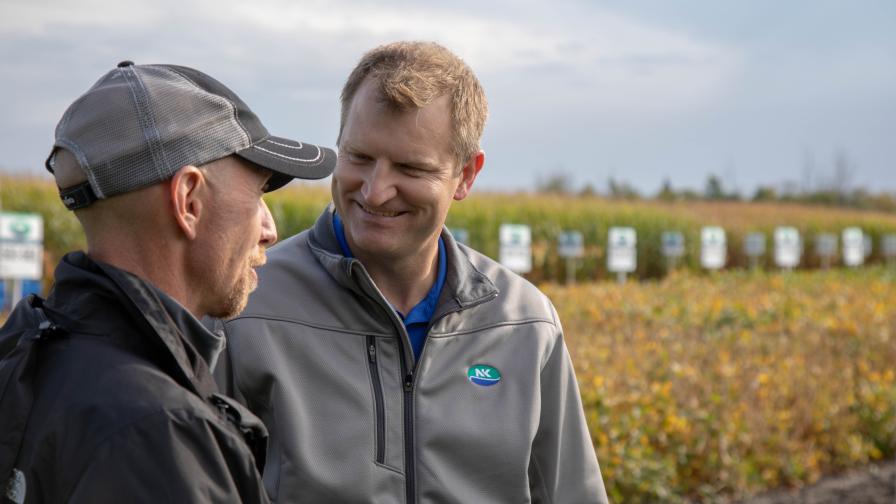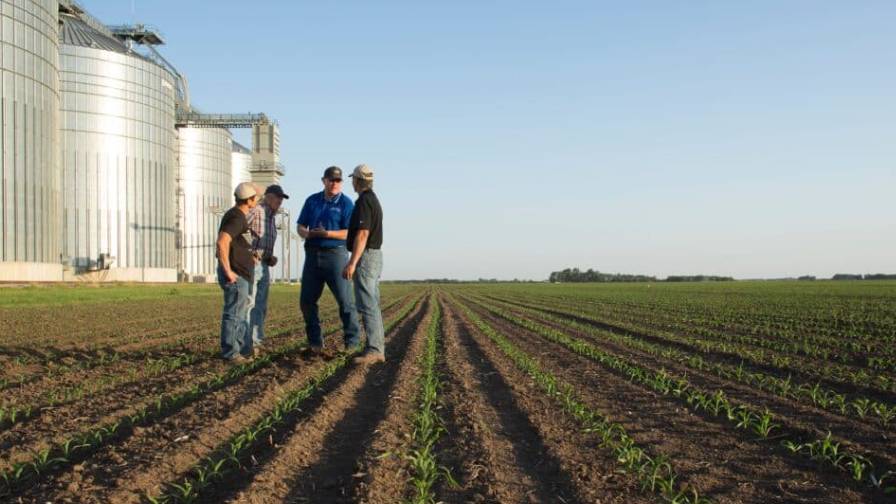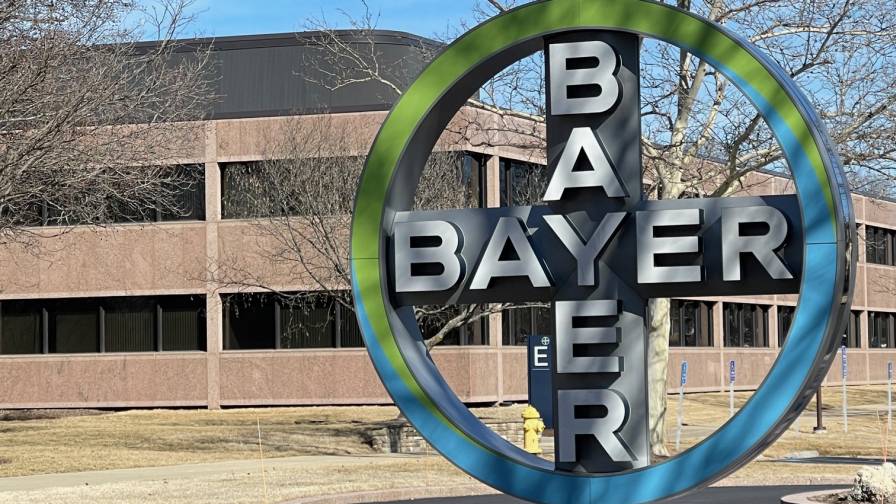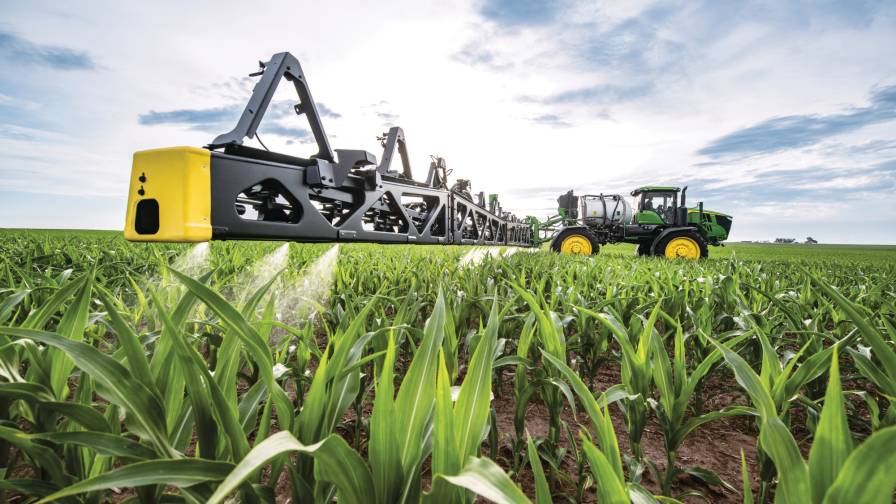The Read on Seed: What’s Next for Suppliers After Mega-Mergers?

Seed companies want to partner with retailers to actively create demand and bring value to farmers. Photo Credit: NK Seeds
Regarding the state of the seed business, the only sure bet heading into the new year revolves around mystery.
“At the risk of sounding cliché, the story of the seed industry entering 2019 remains one of change and uncertainty,” Quinn Showalter, Head of NK Seed Sales with Syngenta, says.
The reasons behind any doubt are myriad, starting with the corporate dealings of the world’s major seed suppliers. During the last two years Syngenta merged with ChemChina, BASF bought some of Bayer’s seed business, DowDuPont morphed into Corteva Agriscience, and Bayer acquired Monsanto before retiring the Monsanto name.
“The large mergers are complete,” Showalter says. “Now we’re going to start seeing how these organizations are adapting to their new structures. … We are going to start seeing clear strategies revealed from our new, larger competitors.”
BASF’s Diego Angelo concurs. With transition comes added responsibility, the company’s Head of Global Business Management, Soybean, says.
“We are in the middle of a transformation process with consolidations and acquisitions,” Angelo says. “Keeping an eye on a continuous timely supply is a must.”
By June of this year Corteva Agriscience will become a “pure-play stand-alone agriculture company,” according to Steve Reno, President, Seed Business Platform for Corteva Agriscience, Agriculture Division of DowDuPont.
“The agriculture landscape is changing,” Reno says. “We have seen significant consolidation across the industry — from the farm level to ag companies — including our own. We’re excited by the progress we have made to create a new company solely focused on agriculture and meeting the needs of growers and consumers. We continue to focus on meeting grower needs through new products and services that help them improve their productivity.”
Reservation Doesn’t End There
Casting just as much doubt as mergers and acquisitions is the instability of commodity prices, Showalter says.
“With the combination of large corporate mergers and the unstable commodity market, particularly with soybeans, the industry faced a lot of unknowns (last year),” Showalter says. “How these activities shake out will play a big role in determining what we see in 2019.”
Tariffs continue to compound the commodity price conundrum, as the U.S. and China remain in a trade dispute.
“This has directly impacted U.S. farmers’ exports of soybeans to China,” Reno says. “Agriculture is highly dependent upon free trade. We are hopeful that the United States and China will successfully complete negotiations to resolve current trade challenges to reopen the China market for U.S. growers and consumers.”
Unfortunately, the uncertainty around tariffs doesn’t appear to be going away anytime soon, Showalter says. “We will certainly keep our eyes on any developments there. With all these unknowns — not to mention the increasing complexity of soybean seed traits — we recognize that farmers and retailers are looking for a better seeds experience that can help them find some certainty. With NK, we are dedicated to delivering exactly that.”
Reno cites the importance of what is now an $867 billion Farm Bill that, as of Dec. 14, was in the hands of President Trump after being approved by Congress on Dec. 12.
“The Farm Bill touches all aspects of ag in the U.S. Passage of this vital rural community and farm policy ensures timely delivery of farm safety net and credit programs for growers and rural community partners during this challenging time for U.S. agriculture,” Reno says. “The Farm Bill also advances foreign and domestic agricultural market development and access programs, promotes cutting-edge agricultural research and innovation, and invests in rural community and economic development.”
So, the Farm Bill at this point may be one less mystery. Regardless, “the current agricultural economy, with issues like lower commodity prices and trade wars, creates challenges for farmers,” Angelo concludes, “and the consequences of those challenges are felt in the seed business.”
What to Expect in 2019
From a technology perspective, Angelo says digital technologies and gene editing “seem poised to generate a revolution in productivity.”
“Seed companies want to partner with retailers to actively create demand and bring value to farmers,” Angelo says. “There are more options than ever in trait systems and germplasm pools. Be sure to look carefully at the value and diversity of systems,” he tells ag retailers. “Jump on the digital bandwagon!”
AgReliant Genetics, headquartered in Westfield, IN, counts LG Seeds as one of its brands. Andy Montgomery, Brand Manager at LG Seeds, says the industry is dealing with two significant issues: 1) The slowing of innovation due to global approvals, and 2) Keeping up with the speed of digital agriculture platforms and all that they offer.
“As a company, LG Seeds focuses on innovation every day, whether it be developing the highest-yielding corn genetics or looking at the latest seed treatments,” Montgomery says. “We actively develop and test many new technologies each year to ensure we are offering our customers the widest array of products to address their local farming conditions.
“The way growers select and place genetics and seed technologies is more important than ever. Growers need a reliable source of high-performing, unique genetics from a supplier who understands that grower’s farm.”
In addition, Angelo expects trait deregulations and herbicide labels to make headlines in 2019. “And there will also be legal challenges around glyphosate and auxins,” he adds.
Company News
- Corteva: “We’ve begun an initiative to bring forth a working group of business, government, academic, and NGO partners that will convene with an aim to make our industry climate positive,” Reno says. “And we’ve signed a memorandum of understanding with the USDA to tackle global hunger through the U.S. Government’s Feed the Future initiative. Programs like this will help smallholder farmers gain access to some of America’s greatest agricultural innovations, such as advanced seed and crop technologies, at an affordable price.”
- BASF: The company will introduce LibertyLink GT27 as the first trait triple-stack system and first to introduce glyphosate and glufosinate tolerances, Angelo says.
- LG Seeds: “As for digital ag, our Advantage Acre platform allows growers and dealers to create comprehensive seed plans,” Montgomery says. “We have seen significant advantages to providing seed recommendations on a field-by-field basis. We truly believe a platform like Advantage Acre enables our dealers to deliver the very best recommendations directly to their customer’s tractor cab.”
- NK Seeds: “The NK organization is committed to the retail channel and collaborating with our partners to enable seed growth,” Showalter says. “With retailers and farmers asking for choice, our recent and planned additional future investments are focused on delivering an improved seeds customer experience for both groups. Ultimately, we will continue to honor our commitment to helping farmers and retailers maximize their ROI potential.”
In conclusion, Montgomery says acre shifts and commodity prices will continue to drive decisions going into the new year.
“In my 20-year career,” he says, “I have worked with growers across the country and continue to see growers succeed regardless of the environment around them. In these cases, it really comes down to planning with a diverse team of experts. Farming is a business, and it must be managed like a business. The growers who take that approach will find a path to long-term success.”






